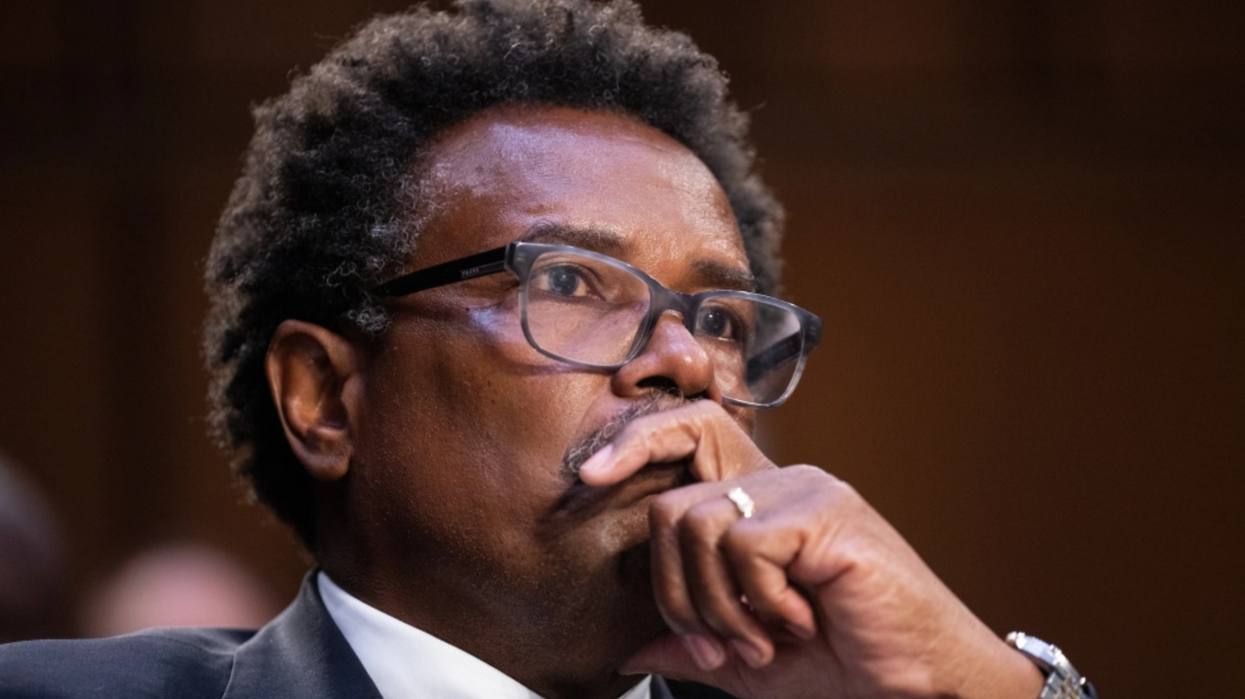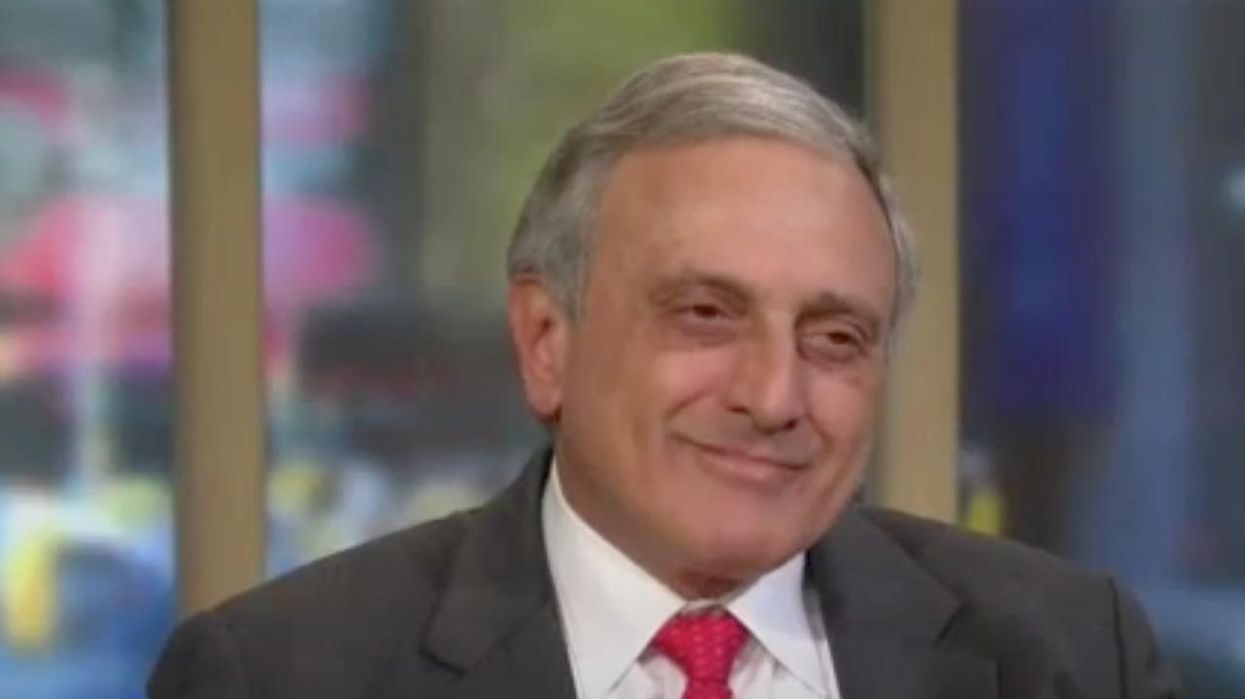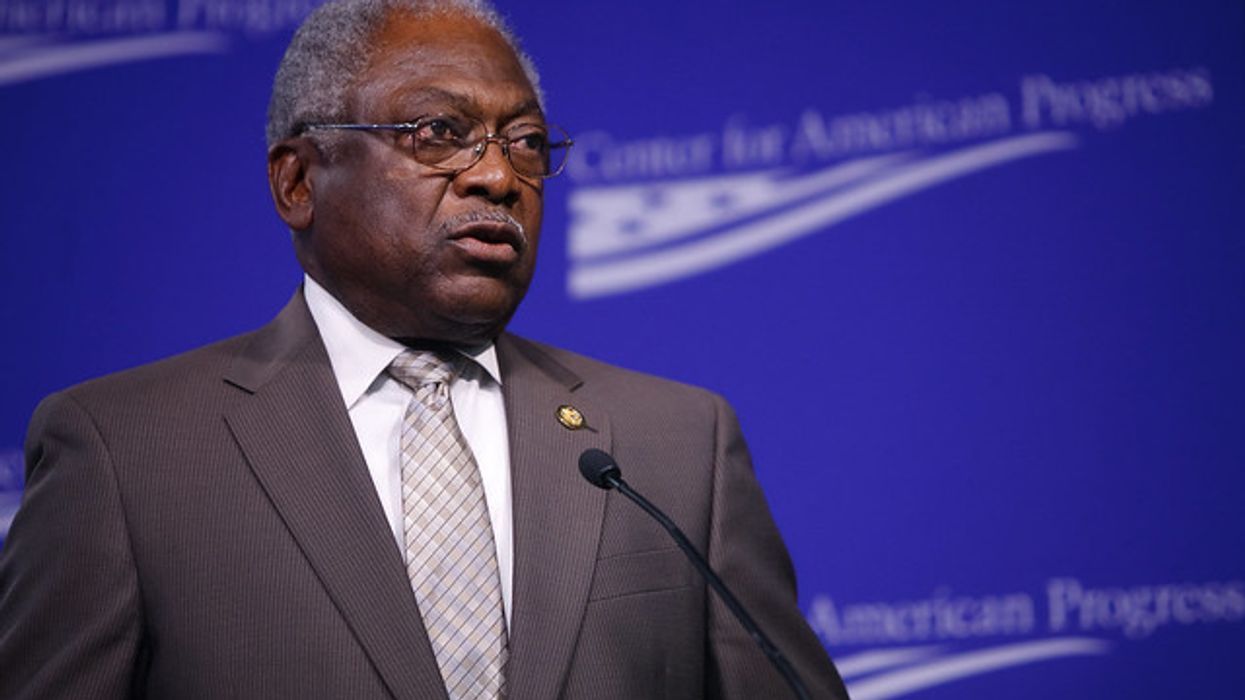When Will Congress Call Domestic Terrorism By Its True Name?
I can’t imagine how Garnell Whitfield Jr. did it, how he appeared before the Senate Judiciary Committee to demand some sort of action from the country’s leaders on gun violence and on the domestic terrorism wrought by white supremacy. But as I was riveted by his testimony, I realized the strength and courage he must have drawn from the memory of the mother he will never stop grieving.
Ruth Whitfield, at 86, was the oldest victim in a shooting at a Buffalo supermarket that left 10 people, all African Americans, dead. It was May 14, not even a month ago. Yet there have been so many shootings since, it sometimes seems as if the rest of the world has forgotten. An 18-year-old white man is accused of carrying out the racist attack, accused of driving hours to hunt and murder as many Black people as possible.
“I would ask every senator to imagine the faces of your mothers as you look at the face of my mother, Mrs. Ruth Whitfield,” Garnell Whitfield testified on Tuesday.
Would they be able to do that?
“Ask yourself,” he said, “is there nothing we can do?”
The track record isn’t great.
I’m not sure what Whitfield was expecting from lawmakers who have a hard time even naming what happened. How, then, could they put themselves in his shoes?
Garnell Whitfield is far ahead of our elected representatives, many of whom want, have always wanted, to distract and downplay, to accuse others of bad intentions, to look everywhere but into the eyes and the broken heart of a man whose life has been forever changed.
Whitfield’s plainspoken speech must have startled those reluctant to call out “domestic terrorism” and “white supremacy” for the dangers they are, despite the warnings from FBI Director Christopher Wray’s March 2021 testimony before the same committee about the connection between the January 6 attack on the Capitol and right-wing “domestic terrorism.”
They would rather, as Republicans such as Sen. Ted Cruz of Texas have done and continue to do, point to acts of violence by those on the left and accuse Democrats of using any effort to counter domestic threats as an excuse to go after political opponents.
This is the same Cruz who walked back his comments earlier this year describing January 6 as a “terrorist attack,” a sign of how dishonestly hearings by the House Select Committee are going to be received in some partisan quarters.
In Buffalo, the intent was clear. Did the shooter want to terrorize more than the people he is charged with gunning down? Were Black people enjoying weekend shopping human beings in the shooter's eyes? Or were they merely players in his racist conspiracy theories about nonwhites in America usurping the white majority’s rightful place at the top? It is a hateful theory that is taking root, even in the rhetoric of some tasked with governing an increasingly diverse country.
“Be very afraid,” was the clear message in Buffalo to all African Americans. That’s the point of any hate crime, to target a group, especially when the hate is spelled out, chapter and verse.
It was the message of those who murdered Black Americans exercising the right to vote not that many years ago, or in the case of World War II veteran Medgar Evers in 1963, murdering an American hero just for daring to register fellow citizens, for insisting on being treated equally in the country he fought for.
Yet, despite a history with more cases of intimidation and violence than can fit in one or 1,000 columns — a history our leaders in Washington could view at the city’s museums open to all, if truth were the goal — Senate Republicans recently blocked a bill that would have the Department of Homeland Security, the Department of Justice, and the FBI establish offices focused on domestic terrorism. This comes as five members of the far-right Proud Boys have been charged with seditious conspiracy for their role on January 6, with televised hearings promising much more.
Just as any gun violence research by the Centers for Disease Control and Prevention was prohibited for more than two long decades because of an amendment to a bill that prevented using federal funds to “advocate or promote gun control,” a 2009 effort by the Department of Homeland Security during the Obama administration to report on increasingly radicalized and violent right-wing groups was ended before it began.
Republican members of Congress and right-wing media outlets led the charge then and now to reframe any such attention as an attempt to smear police and the military and shift attention away from the perceived more urgent threat of foreign actors. Echoes of that could be heard in GOP Sen. Rand Paul of Kentucky’s recent remarks about the 2022 proposal. “It would be the Democrat plan to name our police as white supremacists and neo-Nazis,” he said. Former President Donald Trump, the man who found “fine people” on both sides in Charlottesville, Va., moved the government away from any investigation of white supremacist groups during his time in office.
Of course, there are legitimate reasons to be skeptical. How do you distinguish between hate speech and free speech? I understand the reluctance, and am reluctant myself, of too many investigations, too much surveillance, and how easily that can turn into the monitoring of “certain” groups. Past federal crackdowns to stop hate too often have been subverted to instead persecute and spy on those fighting for justice.
But there is definitely both smoke and fire when so many law enforcement officers and military veterans were caught attacking the very government they were sworn to protect on January 6, when shooters bond online over lies and hate.
America has a white supremacy problem, despite the reluctance of members of Congress to admit it, with support across the political spectrum for “threatening or acting violently against perceived political opponents,” according to a recent poll from the Southern Poverty Law Center that spares no one.
In that context, Garnell Whitfield doesn’t seem to be asking too much when he tells the senators that his mother’s life mattered, and asks: “Is there nothing that you personally are willing to do to stop the cancer of white supremacy and the domestic terrorism it inspires?”
Mary C. Curtis has worked at The New York Times, The Baltimore Sun, The Charlotte Observer, as national correspondent for Politics Daily, and is a senior facilitator with The OpEd Project. Follow her on Twitter @mcurtisnc3.













